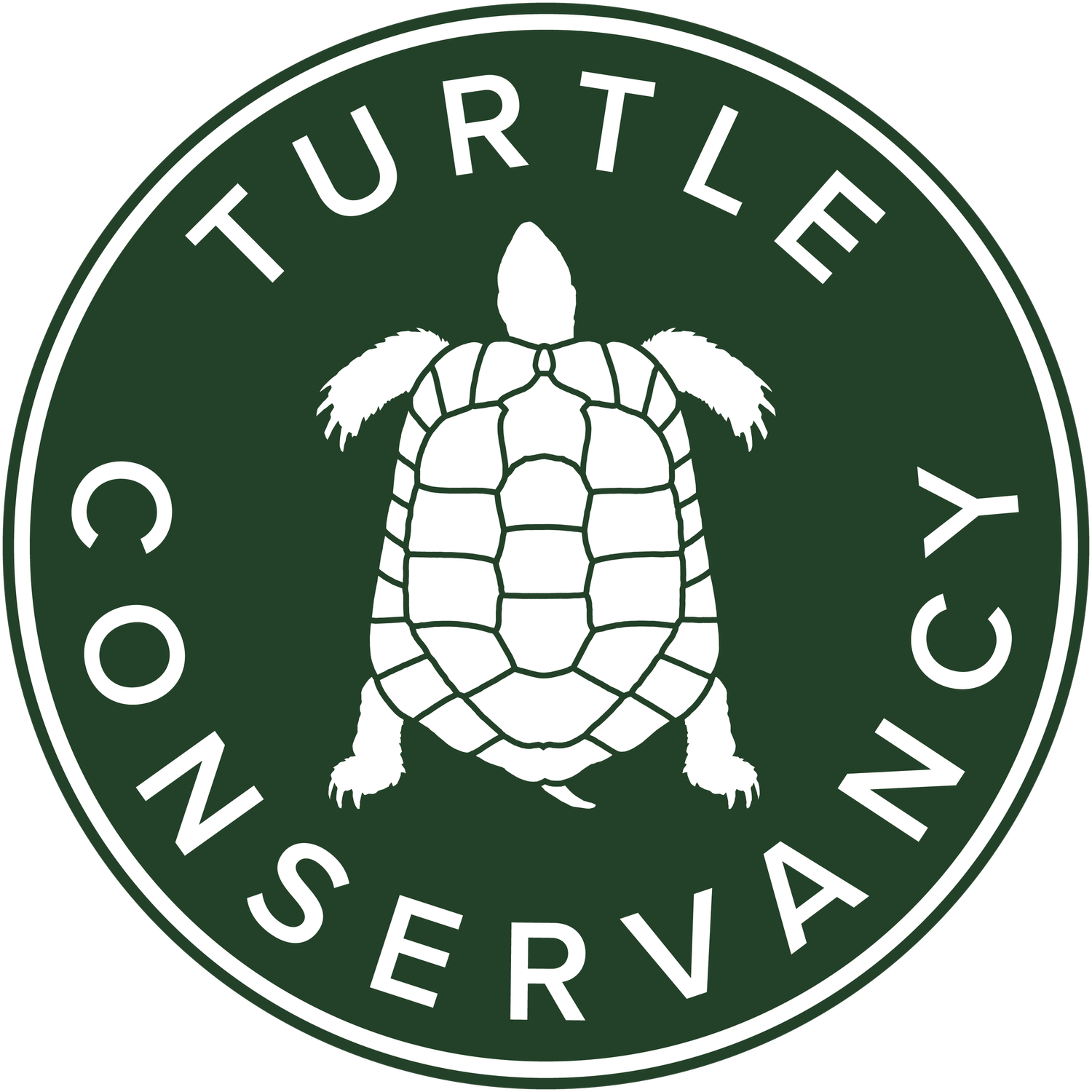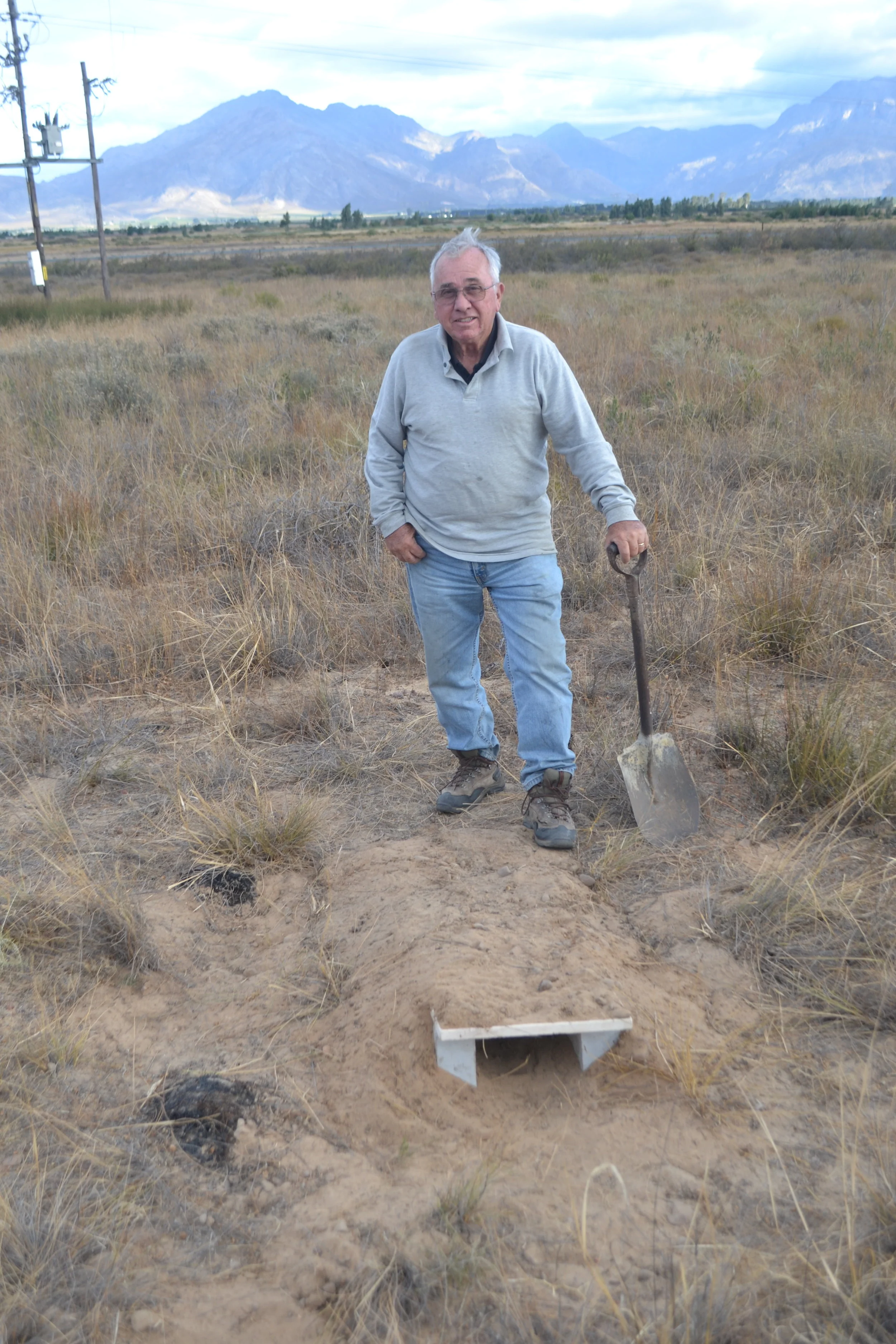Our South African Tortoise Preserve Needs Your Help
Over the past three years with generous donor support and our South African Tortoise Conservation Trust partners including Cape Nature and surrounding farmers, we have been able we have been able to secure and fence a preserve of more than 800 acres containing the World’s last significant population (hundreds) of the Critically Endangered Geometric Tortoise. This preserve is an “island” of natural habitat mostly surrounded by “tortoise-unfriendly” land uses including roads, railways, agricultural fields (vineyards) plus other commercial and industrial activities that present a variety of threats and challenges to the sustainability of our preserve.
The natural shrub-land vegetation (fynbos) in this California-like summer dry climate zone and is a fire adapted ecosystem maintained by periodic controlled burns. Our management plan includes burning small increments of the reserve yearly (first removing the tortoises) as part of a strategy to create a mosaic of different aged vegetation essential to the tortoises. However, because of our proximity to intensively used human landscapes — human initiated wildfires are a major threat and we have invested in firebreaks and other cooperative fire suppression partnerships with surrounding land owners. We are currently in the middle of a severe drought and the fynbos is exceptionally dry. On March 30th a fire initiated by a highway accident associated with very strong winds started a wildfire that jumped across roads and firebreaks and burned through about 40 acres (5%) of the reserve, killing several dozen tortoises.
We immediately need to improve our fire suppression capabilities with expanded firebreaks and fire-fighting equipment and accelerate restoration of the burned habitat. As if this management problem was not enough… our “oasis” of natural habitat within a largely human transformed landscape is a magnet attracting native tortoise predators such as crows and mongoose that prey on hatchling and juvenile tortoises. Our field cameras paired with small plastic juvenile tortoise replicas (decoys) confirm this growing threat. We believe ultimately our decoys can incorporate a bitter-taste or perhaps mild electric–shock to train (but not kill) local tortoise predators to avoid young tortoises.
Alien plant invasion, particularly by an Australian acacia threatens more than 10% of the reserve and cannot be removed by heavy equipment because of the threat to tortoises underfoot. Hand removal and continued suppression is time-consuming and expensive but we are working hard to gain the upper-hand!










